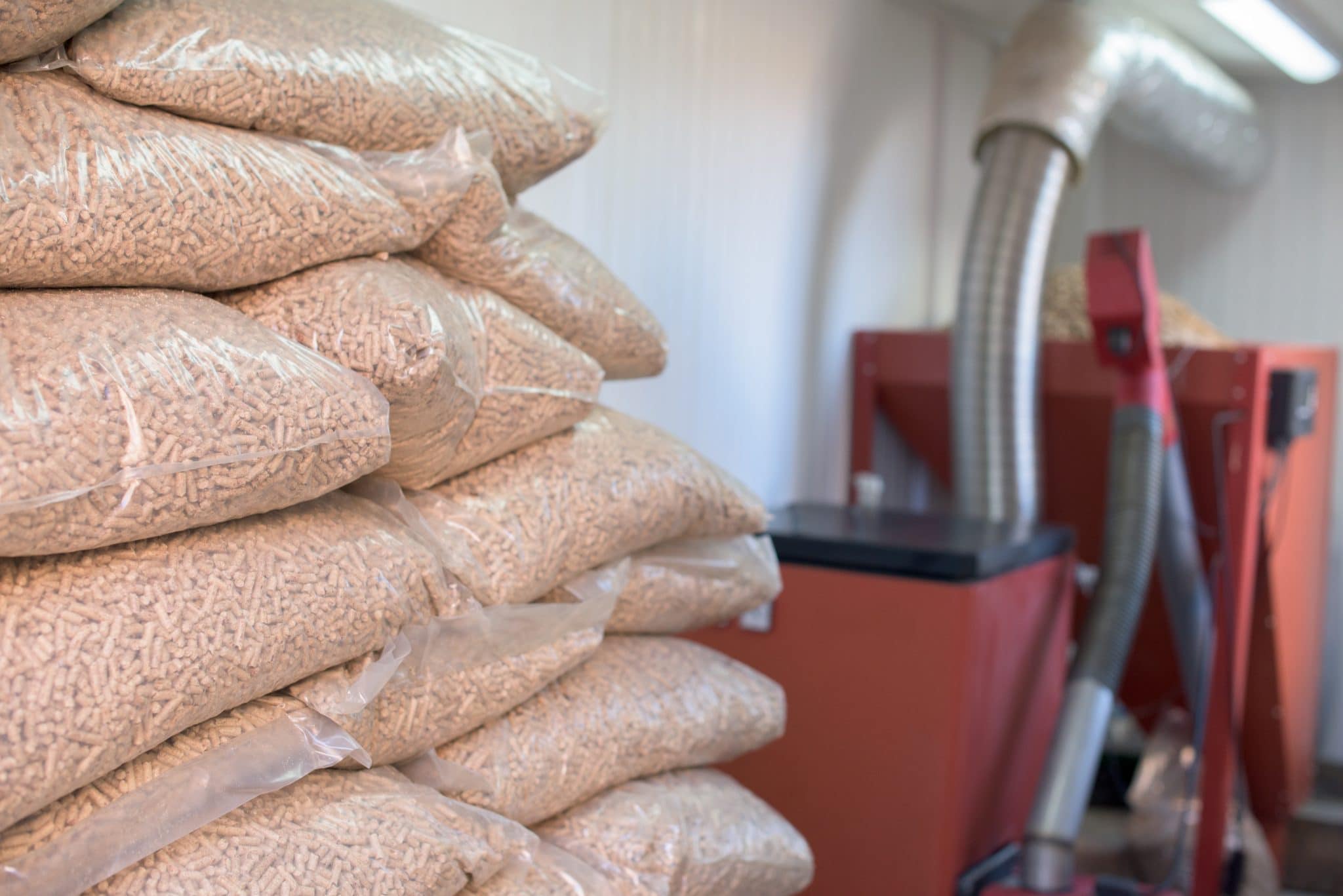Global climate strikes, the Extinction Rebellion and big, bold Government promises on sustainability. You’d be hard pressed to avoid the topic of our environmental impact.
It’s becoming paramount for us to sit up and take notice. Changing our own behaviours when it comes to our ecological footprint is no longer a fleeting thought; it’s a necessity.
It can be overwhelming knowing where to start, especially when you’re looking at it from a higher perspective, such as in building development.
Luckily, that’s where I can help.
As a Sustainability and Energy Consultant, my head is a bustling crowd of energy efficient savings, sustainable choices and eco-friendly adjustments. It’s a busy old place up there, believe me.
And so I wanted to extract some of those ideas and lay them out for you, digging a little deeper into your different eco-conscious development options and how they could work for you. Let’s kick things off with biomass boilers.
What is a biomass boiler?
It’s pretty similar to a gas boiler in the sense it heats your home and provides it with hot water. However, instead of generating the heat with gas (aka, fossil fuels), it burns sustainably sourced biological matter.
How does it work?
The biological matter (which could be wood pellets, logs, chips… you get the idea) is fed either automatically or by hand into a fuel storage compartment.
This ignites a process of being burnt within the biomass boiler, which is then channelled into heat and used to fuel the development’s heating systems. Any excess heat is stored in a thermal tank for later use.
What are the benefits?
It is, in a nutshell, a carbon neutral system. In comparison, gas boilers send carbon dioxide out into the atmosphere; one of the main causes of global warming.
Wood – which is a naturally occuring fuel – only produces as much carbon dioxide as the plant took in throughout its growth. Essentially, they cancel one another out.
Directing wood waste back into energy is also a key way of keeping it out of landfills, again reducing its long term environmental impact.
Plus, with a biomass boiler you automatically qualify for the Renewable Heat Incentive (RHI) scheme. That means you’ll save money through payments spread across several years, adding a bit of cushion against that initial investment.
But keep in mind…
A biomass boiler is not cheap. And while you’re sure to gain a lot of the pennies spent on it in the long-term through energy savings and the RHI scheme, you’re looking at an initial chunky investment of minimum £4,000. It’s a considerable cost you need to factor into your development.
They also demand maintenance. A lot of it. They need cleaning around once a week and, unless your biomass boiler is fitted with a hopper (the automatic pellet distributor), you’ll need to get used to regularly re-filling it.
In addition, they tend to be much larger than “normal” boilers and must sit in a totally dry space to work effectively: so you’ll need to check out the storage facilities before making a decision.
The savings you can make on your carbon emissions through a biomass boiler are significant; but it isn’t a decision you should rush into. If you want to chat about your options more, drop me a line. I’d love to hear from you.



















